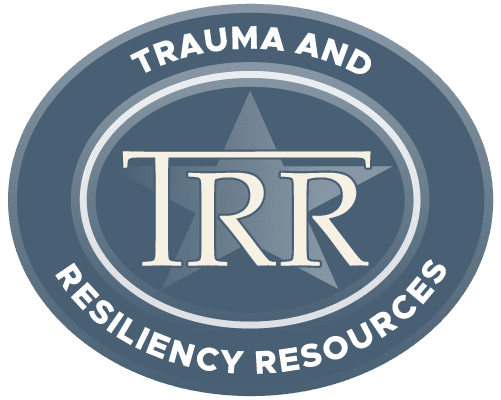I’ve decided to occasionally use this blog space to reflect on various aspects of Moral Injury as I read through some key texts that have helped shape my vision of this category of war trauma. Today, I comment on a quote from David Grossman’s (LTC, USA, Ret.) seminal text, On Killing. After discussing the fact that on many battlefields, warriors have refused to fire their weapons at the enemy, Grossman states:
“The question is why. Why did these men fail to fire? As I examined this question and studied the process of killing in combat from the standpoint of a historian, a psychologist, and a soldier, I began to realize that there was one major factor that was missing from the common understanding of killing in combat, a factor that answers this question and more. The missing factor is the simple and demonstrable fact that there is within most men an intense resistance to killing their fellow men. A resistance so strong that, in many circumstances, soldiers on the battlefield will die before they can overcome it” (p. 4).
One powerful truth emerges from this quote, and seems to resound throughout Grossman’s text: in the heart of each person, there exists a natural, innate resistance to killing other human beings. Granted, there are those who do not carry this resistance internally, and we call those people sociopaths. Yet those within this very small percentage of our population feel no remorse at hurting other people in any way at all. They lack the mechanism that recognizes and empathizes with suffering, and this has been described as a clinical psychopathology. The 99% of the rest of the human race naturally resists killing other human beings and feels remorse in the aftermath of killing, regardless of the circumstances.
Grossman’s book’s subtle is telling: The Psychological Cost of Learning to Kill in War and Society. It costs people psychologically to override the instinctive refusal to kill other human beings. It costs them something from out of the depth of their souls. Psychology, let’s not forget is the study of the psyche, the Greek word, not for mind, but for soul. There is a mental cost for killing in combat, but this cost is paid in the context of a debt that accrues to the human soul when forced to kill to defend oneself and one’s comrades. We have noted the high cost of training and deploying people to kill in tens of thousands of war veterans who experience not only the nervous system dis-regulation of Post-traumatic stress disorder (the dis-ordering of the sympathetic nervous system that governs the “flight, fight, freeze, flop” survival responses), but also in the dis-ease of the heart from whence comes the voice of the conscience when warriors push through the resistance to killing.
That people feel “sinful,” broken, lost, deprived, depraved, soul-sick, guilty, and shameful after erasing a human life in combat, even in “justified” circumstances comes from the profound and instinctual injunction to create life rather than destroying it. Many warriors of all branches of the US military feel all dark inside because of what they have seen and done, and this experience of inner darkness shows that a person is fully human. It is not “crazy” to feel soul-sick when one simply “did one’s job.” Everyone tells you that you shouldn’t feel “wrong” for having done what’s “right.”
We here at TRR understand this innate sense of “wrongness” as the existential crisis that comes in the aftermath of killing, witnessing killing, or even hearing about instances of killing. This crisis has long been acknowledged by ancient cultures as part of war, but our modern society has lost connection to these archetypal images, expressions, and experiences of warfare. To override the innate resistance to killing may be necessary–may have been necessary for you in the past–when push comes to shove in combat, but it wounds a person deeply. If you are feeling that wound, you are not crazy, you are human.
